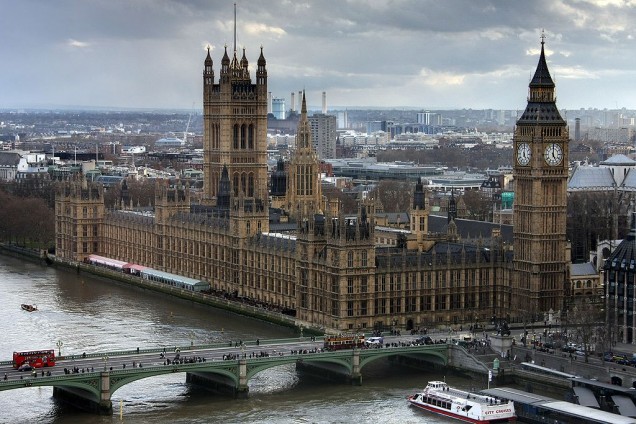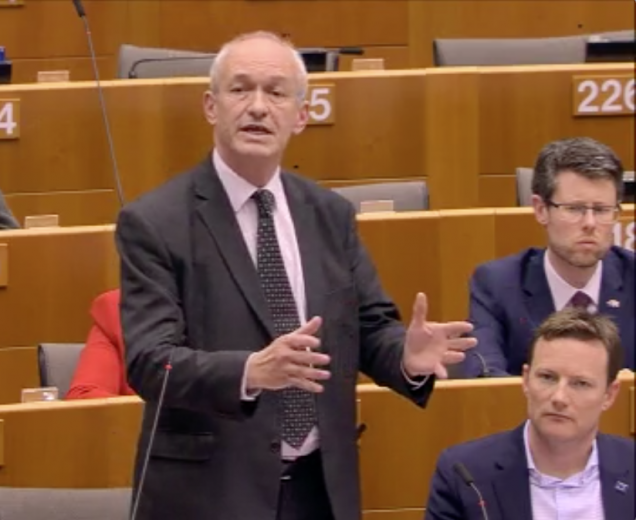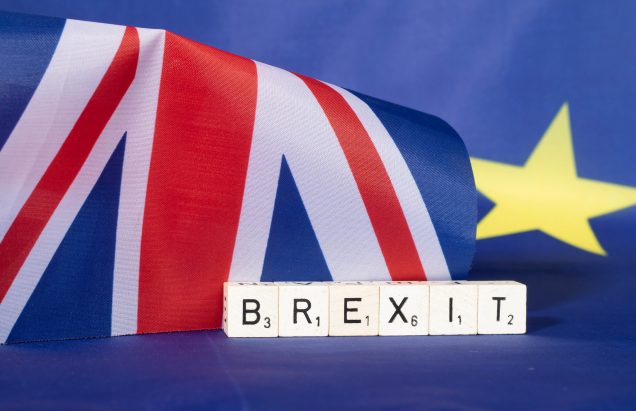Almost every democratic system has aspects which are questionable. The unelected House of Lords in Britain. The role of money in elections in the USA. The pros and cons of different electoral systems. And, of course, the EU.
EU institutions certainly suffer from the problem of distance. They are inevitably and unavoidably more remote from citizens than national or local institutions. That in itself is a good reason not to act at European level on subjects that can be perfectly adequately dealt with at national or local level.
But to the extent that we do want to act jointly at European level — because of our interdependence, or for setting common rules for our common market — then this must be done in as open, transparent, democratic and accountable way possible. That is why there’s a double parliamentary check on everything done at European level: EU legislation requires the approval both of the directly-elected European Parliament and of the Council of Ministers, whose ministers are each accountable to their own national parliament.
Having a directly-elected parliament is a feature unique to the EU. No other international structure has one. Until a few years ago, this was largely a talking shop, but now it is impossible to adopt (almost) any EU legislation without the approval of the elected Parliament.
It’s also a parliament that isn’t controlled by a government. Most national parliaments, like Westminster, are under their government’s control, through a built-in compliant majority that generally approves everything the government wants. In the European Parliament, there is no majority party nor even a governing coalition. Majorities have to be secured by explanation, persuasion and negotiation on every issue.
And, whereas in most international structures everything is decided behind closed doors by ministers and civil servants, in the EU everything is debated and voted in public in the Parliament, both at committee stage and in the parliamentary chamber.
But there is a shortcoming in democratic accountability in the system, and it’s in the second of the parliamentary checks: the often weak scrutiny by national parliaments of the minister representing them in the Council.
Some countries do it well. In Sweden, Denmark, Finland and the Baltic States, any minister going to a Council meeting has to appear beforehand before the relevant committee of the national parliament and square his or her negotiating mandate with them. And this practice is spreading to other countries.
There’s nothing stopping Britain implementing such a practice. It doesn’t need treaty change. It doesn’t need any European-level agreement. It just needs a majority of MPs willing to vote for such a system — and to be willing to put in the work!







4 Comments